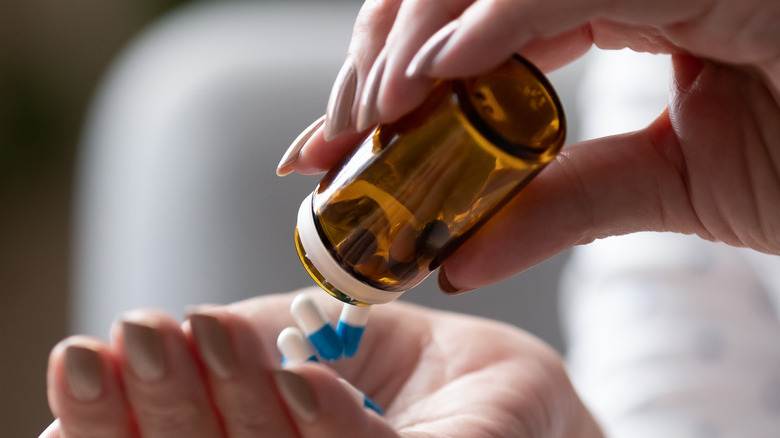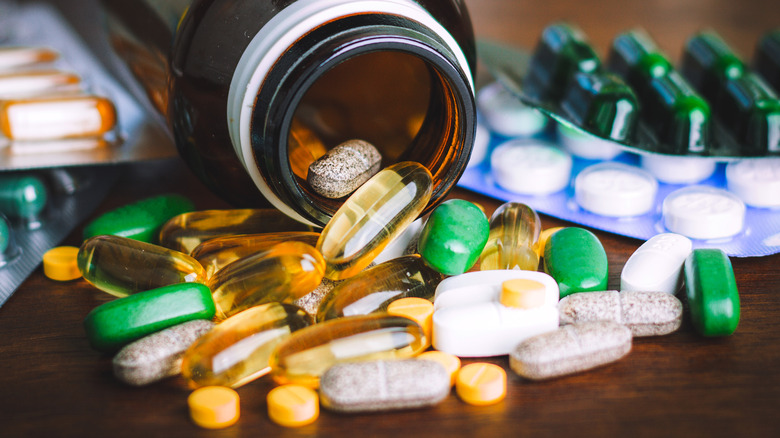This Biotherapeutic May Protect Your Gut Bacteria From Antibiotics
Antibiotics come in handy at stopping a wide range of bacterial infections, but an unintended consequence of antibody administration is that they also end up harming the benevolent bacteria living in the gut. The human gut has a microbiome on its own that hosts a wide diversity of bacteria, which play an important role in digestion, energy utilization, and boosting immunity among other vital functions.
When the microbial ecosystem inside the gut is disturbed due to antibodies — a process scientists call dysbiosis — it can lead to mild issues such as diarrhea that can take months to fix with the use of supplements and dietary changes. However, in some cases, dysbiosis can lead to serious neurological and autoimmune issues. In what is being hailed as landmark research, scientists have detailed a method involving biotherapeutics to counter the harmful impact of antibiotics on gut bacteria.
In simple words, biotherapeutics involve the usage of genetically engineered bacteria strains that are safe for human consumption. When these biotherapeutics enter the body alongside antibiotics, they allow the antibiotic to do its intended job but keep the side effects in check. Scientists at Wyss Institute for Biologically Inspired Engineering at Harvard University and Massachusetts Institute of Technology (MIT) have created an engineered live biotherapeutic product (eLBP) that is given alongside antibiotics to a patient. The safe-to-use bacteria in question is a strain of Lactococcus lactis, which produces an enzyme called B-lactamase to productively degrade antibiotics in a controlled manner.
Solving many problems associated with antibiotics
The team administered eLBP to mice that were orally fed an ampicillin antibiotic. The team found that mice undergoing the biotherapeutic treatment had much lower levels of gut microbial loss and they also fully recovered within three days. Mice that only received the antibiotic showed a much larger loss of gut microbe diversity, and they weren't able to recover the microbial population. The eLBP doesn't affect the concentration of antibiotics like ampicillin in the bloodstream, which means the antibiotic can travel to its destined location in the body and do the required job.
The team also handled one of the most common after-effects of disrupted gut microbe diversity after taking antibiotics, which is the takeover of freshly vacated space in the gut microbiota by harmful bacteria such as Clostridioides difficile. This opportunistic bacteria causes issues like diarrhea, inflammation, and bowel diseases. During the tests on mice, it was found that the eLBP also stopped the uncontrolled multiplication of harmful bacteria like C. diff.
"This is one of the strongest examples of an engineered living cellular therapy tackling a pressing clinical problem coming out of academia thus far," research lead James Collins was quoted as saying. The team is now preparing for short-term and inexpensive clinical trials for the biotherapeutics method to handle antibiotic side effects. The research also aims to tackle the issue of antibiotic resistance and other illnesses where dysbiosis is at the heart of the problem. The study was published Nature Biomedical Engineering.

